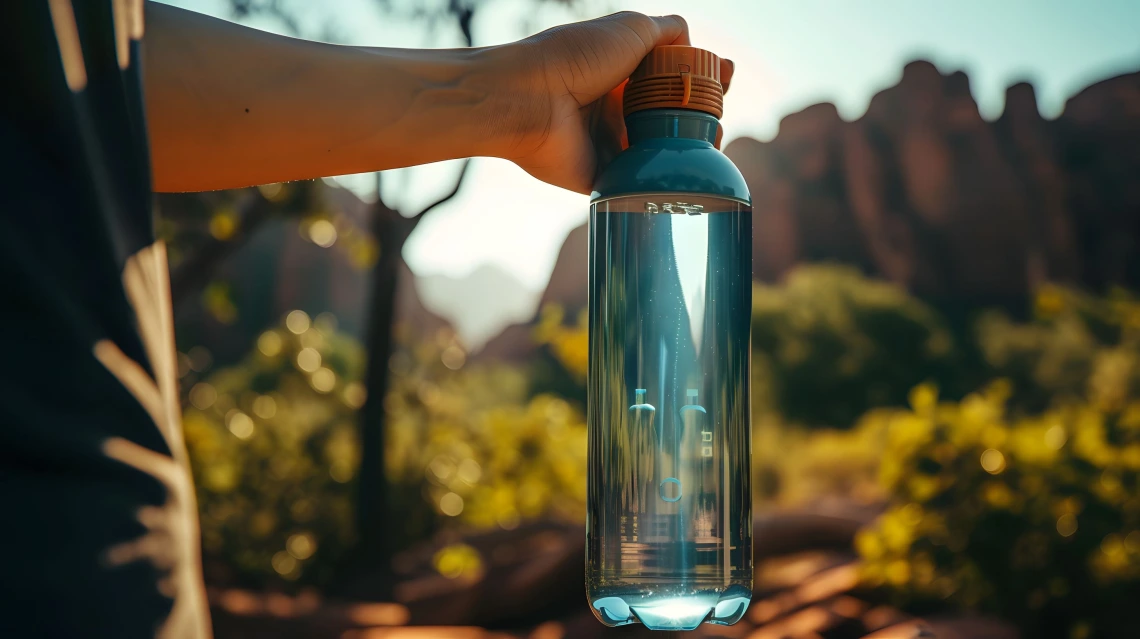Heat Safety Tips
March 24, 2025
Image

It is important for Wildcats to stay safe, cool and hydrated.
During periods of excessive heat, it's best to remain indoors. When possible, utilize indoor facilities that accommodate physical activity. Check out the Lo Que Pasa article Summertime workouts are best made in the shade for spots on the Tucson campus to enjoy the outdoors while avoiding the sun.
Should you find yourself outside in the elements, here's how to protect yourself:
Dress for success.
- Wear lightweight, light-colored clothing.
- Wear hats or use an umbrella.
- Apply sunscreen to exposed skin.
Plan and pace your activity.
- Plan outdoor activities for the coolest times of the day.
- Limit and reduce duration of outdoor activity.
- Pace physical activity and take frequent breaks.
- Plan for cool-down recovery time in the shade if possible.
Keep hydrated.
- Always carry water with you and drink even if you do not feel thirsty.
- Increase your water intake. Drink a minimum of at least two liters (eight or more cups) of water each day, even if you are mostly indoors.
- Avoid drinks with sugar, alcohol, and caffeine.
Be aware.
- Never leave children, adults, or pets inside a parked vehicle. A parked vehicle can reach dangerous temperatures in just minutes. Leaving the windows down or parking in the shade can still result in deadly heat conditions inside a vehicle.
